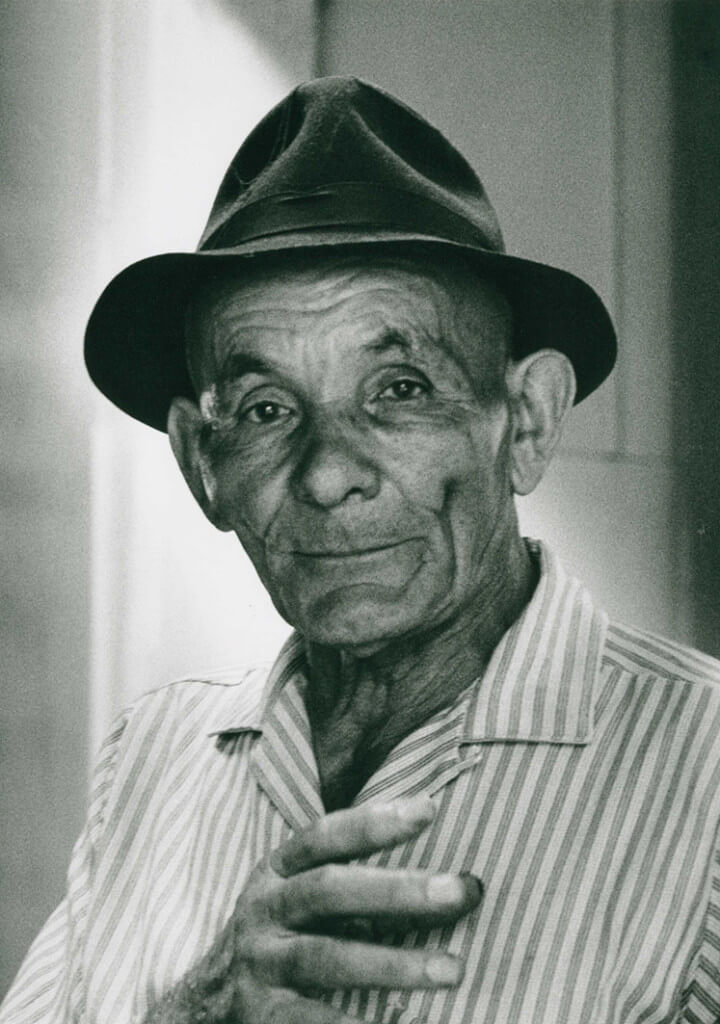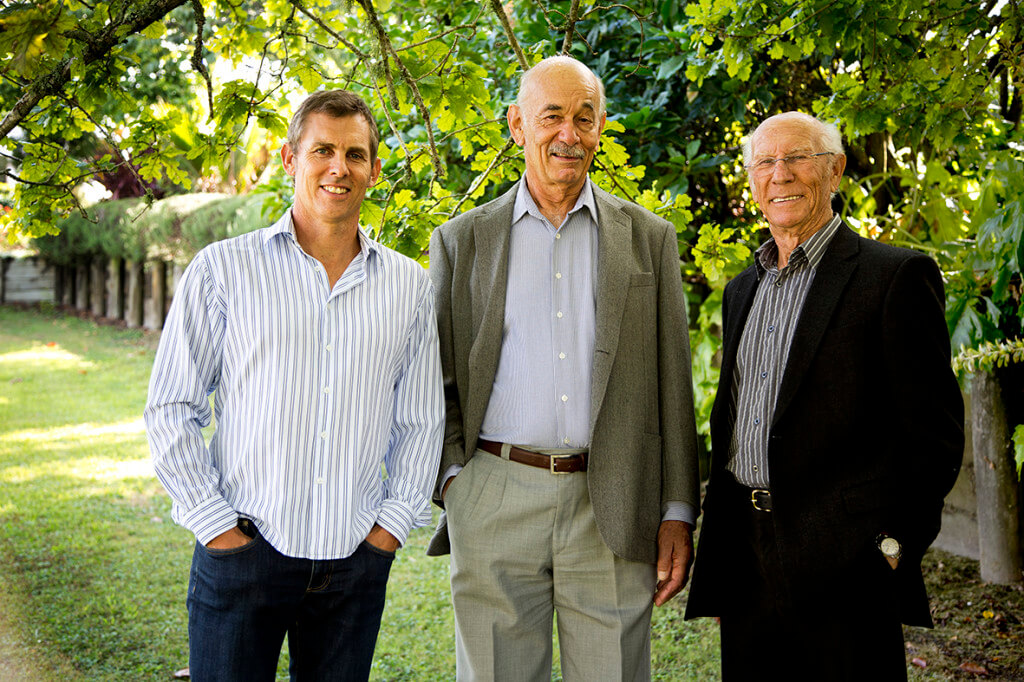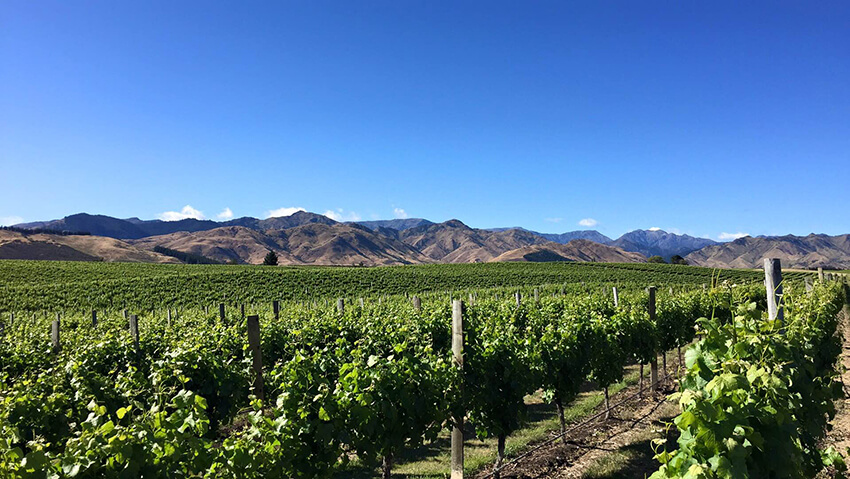“Each vintage has its set of challenges where the decisions made determine the outcome for better or for worse,” says David Babich, general manager of Babich Wines. “So, experience is part of great winemaking. You also need to love what you do of course, without that, the endeavour will not be sustained. Lastly, you must constantly innovate. Our success is based on these things. We love the wine, the business, the broader industry and the enjoyment we bring.”
It’s exactly 100 years since David’s grandfather, Josip, crafted the company’s first wine. It’s an inspiring heritage, but, I wonder, one which must also bring a certain pressure. “Yes, there is certainly an inherent responsibility to previous generations — not to mention future ones — to improve on the business,” says David. “Though, a century’s worth of experience also brings with it a lot of guidance, too.”

Josip Babich was part of the pioneering group of Croatian immigrants who arrived in New Zealand in the late 19th century from the region of Dalmatia, in search of gold and kauri gum. Many eventually settled in west Auckland — some became farmers, some fisherman and others made wine, the latter responsible for the creation of many of the nation’s most-loved brands such as Selak, Nobilo and Delegat. The first to craft the tipple, however, was Stephan Yelas (formerly Stipan Jelich), who, having earned enough from the gum trade, in 1895 bought his own plot of land and set about growing his grapes.
It was 1912 when Josip Babich, aged just 16, planted his first vineyard on a terrace above the Kaikino Swamp gum field. Within four years he’d made his first batch of wine, sometimes riding over 100km on horseback to sell it. By the middle of the century, most of west Auckland’s 80 vineyards were run by the Eastern Europeans.

These were by no means all rags-to-riches fairy tales, however. Though mostly accepted by Māori, Croatians were often the victims of prejudice while the prominent Prohibition movement toward the end of World War One nearly put an end to their winemaking altogether with Prime Minister William Ferguson Massey denouncing the drink as “Dally plonk”. Most New Zealand men shunned wine in favour of beer and it was the arrival of US troops during the Second World War which led to its resurgence. Now of course, we can’t get enough of it.
“New Zealand wine is of such high quality by international standards,” says David. “So society has much quality to choose from at affordable prices. Also, our outstanding restaurant and café scene is also with its particularly high quality food is supportive of embracing wine.”
What have been the most interesting developments in the industry?
“The industry is constantly evolving. I suspect it looks very traditional from the outside, but internally its driven by innovation. Certainly the most dynamic event would be the development of Marlborough taking sauvignon blanc to the world. This kick-started our export industry and remains the central variety for which we are most well known.
“Screwcaps, for greater preservation, was a more recent development that has resulted in better, more consistent wine than could be achieved with a natural cork closure. We are also seeing a lot of innovation on the brand marketing side. These days some of the largest selling Marlborough sauvignons – in the US for example – do not own vineyards or a winery here but buy wine and label it under their own brand. They then put all their effort into selling as much as they can. Not very traditional, but very innovative nonetheless.”

David says that for all of Babich’s awards, their most treasured moments are meeting customers who simply love their wines. I finish by asking the winemaker how much science there is to his profession, and how much of it is art.
“It is absolutely both,” he says. “Science delivers most of it, but the last part, the part that makes the wine special is the artistic aspect. If it was all science then great wine could be made from a recipe, but great winemaking requires a lot of judgement, which requires a lot of experience, so in a way it is the artistic part which comes through experience.”
Words: Jamie Christian Desplaces






